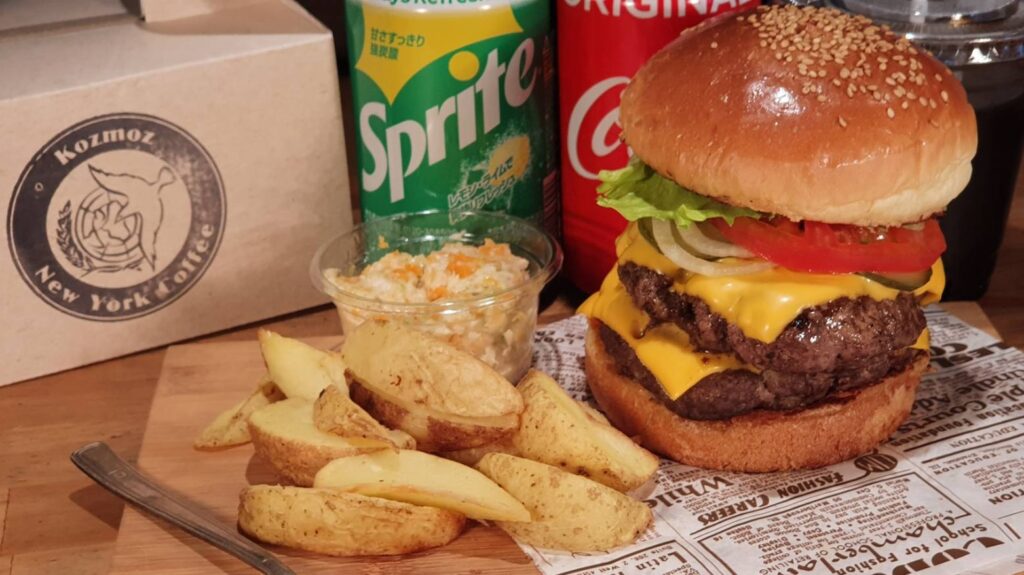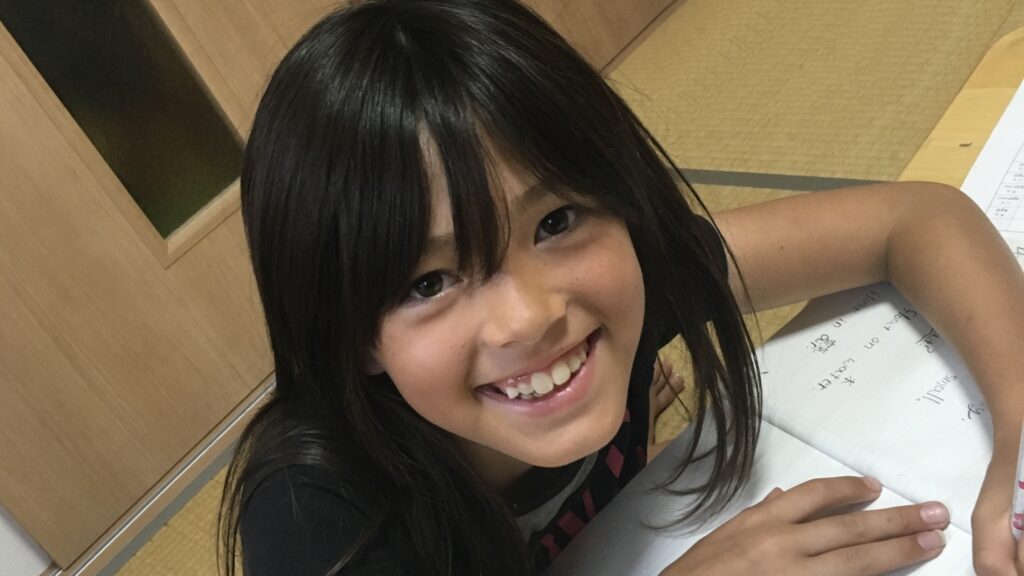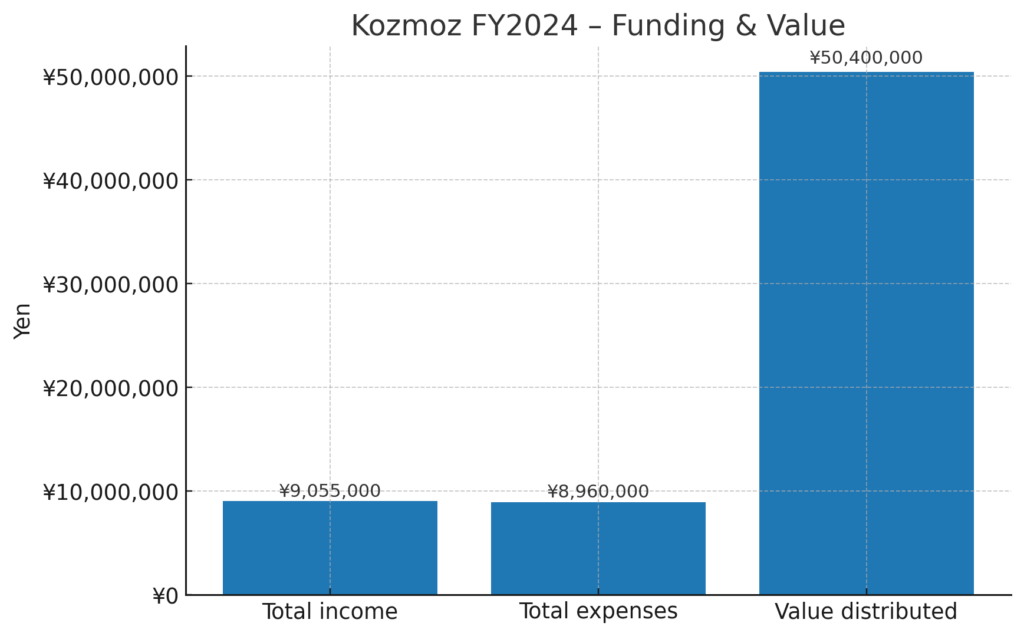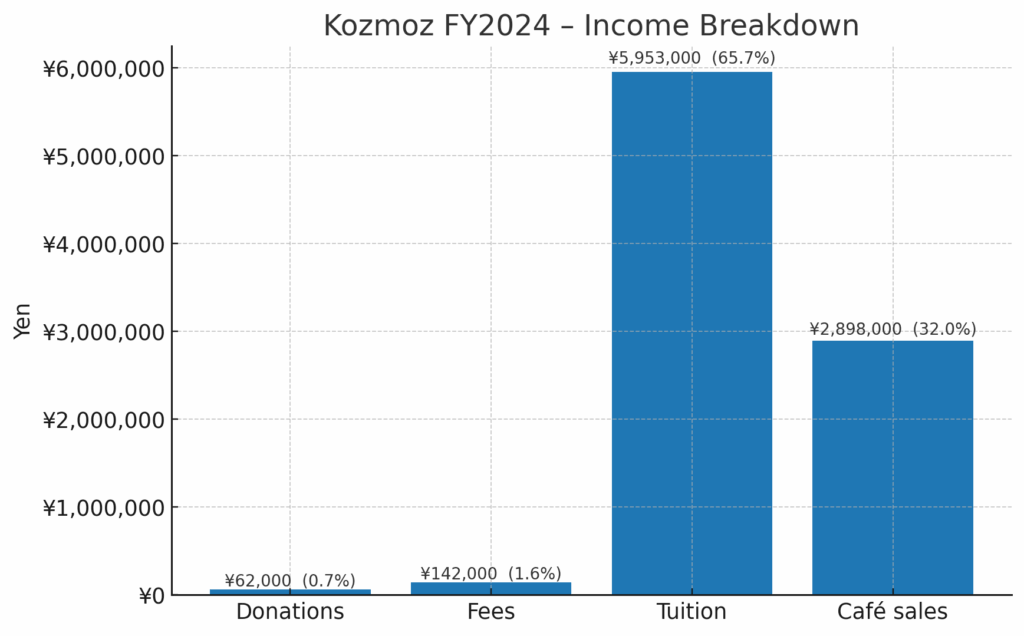Since 1987, Kozmoz has proven that adding value to a community rather than relying primarily on fundraising or government grants creates a more effective foundation to build social program on. Our social enterprises generate over 90% of operational funding through community businesses, creating financial stability and program independence. By keeping overhead low and empowering decentralized local leadership—who have first-hand knowledge of their community’s unique needs—we direct resources exactly where they are needed most, like warm meals, shoes, and school supplies.
Kozmoz Community Funding
We fund our activities by making the pie bigger instead of cutting the pieces smaller

Kozmoz NY Coffee – We make fabulous burgers. Happy customers enjoy delicious burgers and real home cooked food like grandma made. The money from those smiles then go to put diesel in the food bank delivery truck and pay the electricity and rent for the Kozmoz food bank to provide smiles to those who are falling between the cracks in our community.

Family English Schools – Japanese students from 2 years old to grandmas and grandpas have an opportunity to learn English from native English speakers. A quality curriculum helps people improve and become part of the global economy. And the tuition goes to putting tires on the delivery trucks and pay for repairs.

Kozmoz Academy – In Japan, going to high school is not guaranteed. Most students go to cram schools or juku to help them pass their tests to get into better schools. Kozmoz supports these students by teaching math and science. And of course the tuition goes to help put together care boxes for community members in need.
This model isn’t just theory – it’s 37 years of proof that communities can solve their own problems. While other organizations chase grants and navigate bureaucracy, we serve burgers on Tuesday and deliver groceries on Wednesday. Simple. Sustainable. Scalable. This is the way forward.

FY2024. Revenue ¥9,055,000; Expenses ¥8,960,000; Estimated value delivered ¥50,400,000 (~5.6×).
Last updated: 2025-08-04.
What this means
Enterprise → impact. We keep operations lean and reinvest 100% of profits into local programs.
In 2024 we generated ¥9,055,000 in revenue and spent ¥8,960,000 running programs—producing an estimated ¥50,400,000 in aid* delivered (~5.6× the cash going in).
*Method note: “Value distributed” is calculated at ¥700 per kilogram of food and goods delivered. We avoid double-counting and round to the nearest ¥1,000.

FY2024. Income breakdown:Tuition 65.7%|Café 32.0%|Fees 1.6%|Donations 0.7%. 100% of profits are reinvested into local programs. Last updated: 2025-08-04.
Where the money comes from
Kozmoz funds its work through community businesses—mainly schools and the café—supplemented by small fees and gifts.
- Tuition: 65.7% (¥5,953,000)
- Café sales: 32.0% (¥2,898,000)
- Fees: 1.6% (¥142,000)
- Donations: 0.7% (¥62,000)
*Based on income for 2024
How we decide things
We’re decentralized on purpose. Anyone active in the work can propose a project. If you’re willing to fund or backstop it, you lead it.
We meet monthly, run proposals through our 10 Core Principles checklist, and publish results. If there’s a tie, seniority (time spent serving) breaks it. Because we are self funded, we watch our pennies—if a project runs short, we just put it on ice for the time being. We are not here to control everything, if someone can do it better, then let’s cheer them on. It’s a team effort and we are in this together!
Why this works
- Skin in the game: Leaders commit resources, so incentives stay aligned.
- Low overhead: Less bureaucracy, faster help to neighbors.
- Accountability: Clear goals, budgets, and public outcomes for each project.
(You can view our 10 Core Principles here that we use to decide how to operate.)
What will multiply our impact next
- Delivery trucks: Our large truck (250,000km) and small truck (20,000 km) are near end-of-life. Replacements keep food moving reliably in all weather.
- Intern housing: With more interns expected, we need to expand capacity to keep programs growing.
- Interns and volunteers: Each additional had on site translates into more value that we can add directly into the community.
How you can help (if you can)
- In-kind: Fleet upgrade leads, discounted vehicles, parts, or professional maintenance.
- Housing: Short-term leases or rooms for interns near Kyoto south.
- Directed gifts: If you prefer, mark your gift “Trucks” or “Housing”—we’ll apply it exactly there.
- Talent: Mechanics, drivers, builders, and mentors are gold. Retired individuals that can volunteer for 1 to 3 months can bring a world of experience to share.
Curious how a small team built a self-sustaining social enterprise model?
Learn it first-hand and help expand the impact.
Have professional skills or ideas to contribute?
Let us know of any other way that can invest in the community!